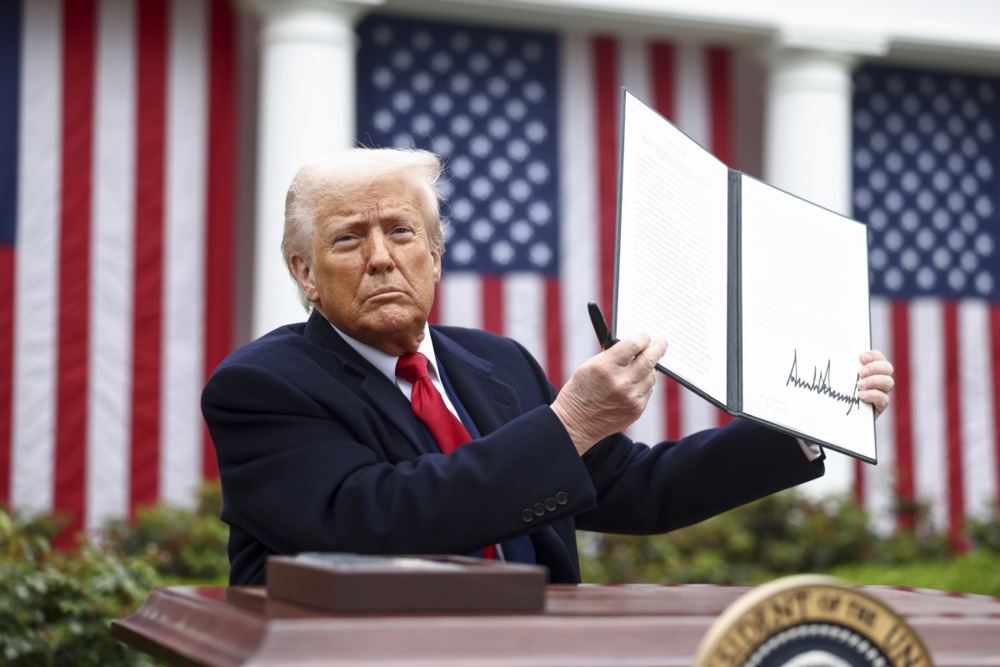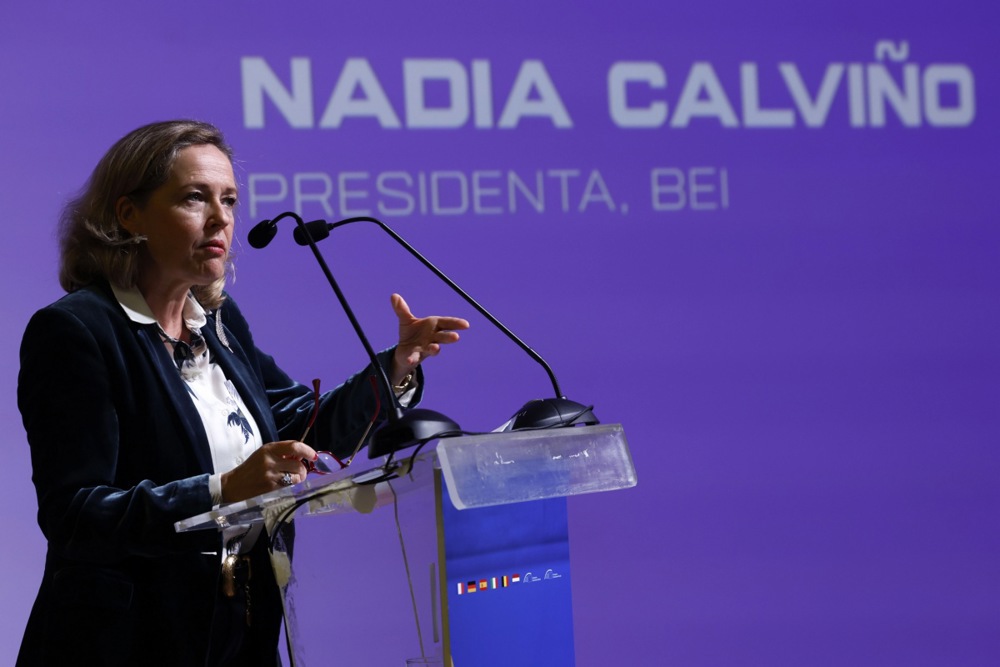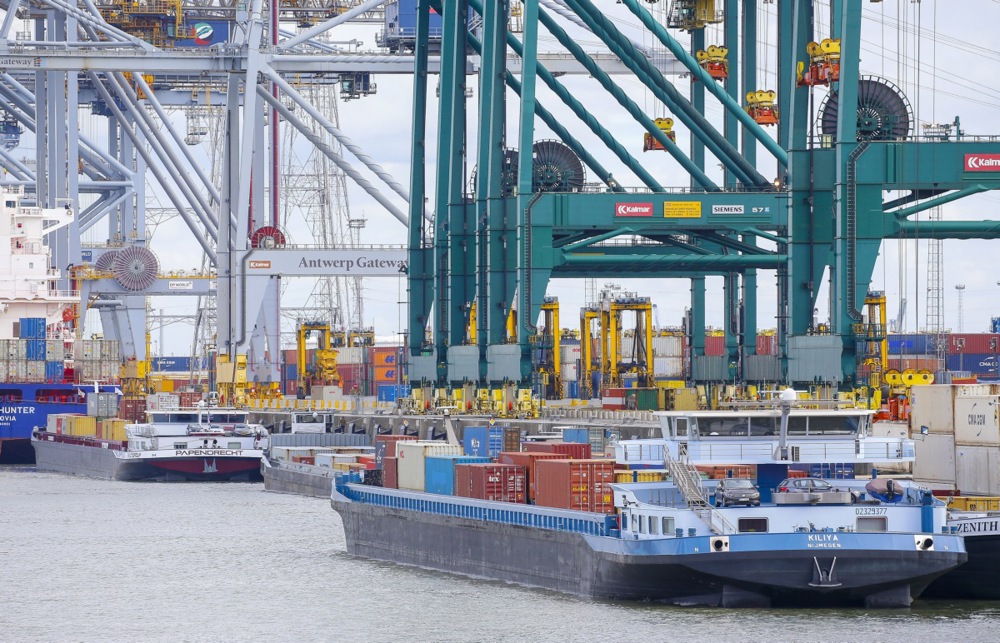Donald Trump’s 90-day suspensions on “reciprocal” tariffs with China, the EU, and the UK were unlikely to result in long-term trade deals, according to economists.
This comes amid broader doubts over the US trade strategy launched on April 2 and its intended economic impact.
Since April, the US introduced sweeping tariff hikes—from a minimum of 10 per cent on most imports to 25 per cent on sectors that were defined as national security priorities.
A May 12 tariff pause with China followed earlier pauses with the EU and UK, among other trade partners.
In each case, the US framed its reciprocal tariffs as a path to negotiation.
But several analysts said the short timeline and limited scope made substantial trade breakthroughs unlikely, while the core tariffs remained in place.
“Such a [substantial] deal is highly unlikely”, said Simon Evenett, co-chair of the World Economic Forum’s Global Future Council on Trade and Investment, at a Brussels conference May 13. “What’s likely is that, similarly to the TikTok deadline, this is going to be extended and extended.”
“Whatever the outcome, it is a step back. The chance of American recession is still rising,” said Evenett, who also is an economics professor at the University of St Gallen in Switzerland.
Forecasts from the Yale Budget Lab estimated the current tariffs still in place would increase US consumer prices by nearly 2 per cent this year, costing households an additional $2,800 and leading to an estimated 456,000 job losses by the end of 2025.
The same report projected the unemployment rate could rise by 0.4 percentage points due to tariffs’ lingering effects.
While the White House has presented the 90-day pauses as opportunities for “major” trade deals, several outlets pointed out the deals thus far have been narrow technical agreements, often without legal force.
“Trump declared on social media this announcement would be a ‘major trade deal’—it’s not,” the BBC reported May 12 referring to the agreement with the UK. Congressional approval would also be required for any full agreement.
The China deal reduced most US tariffs on Chinese goods to 30 per cent, while China lowered its own to 10 per cent. A separate deal with the UK scrapped a 25 per cent tariff on steel and aluminium, but introduced a quota system, details of which remained unclear.
The BBC noted these changes applied only to specific volumes of products and excluded several steel-derived goods.
“In three to six months from now, don’t be surprised if these 10 to 25 per cent tariffs remain, and are the minimum rate imposed by the US,” said Evenett, pointing to uncertainty over the long-term direction of Trump’s policy.
According to Evenett, the situation has already affected trade flows. “About 50 per cent fewer ships are now leaving China for the US West Coast,” he said.
These primarily carried low-cost goods bought by lower-income American consumers, he said. “This issue is also political and social,” therefore.
Meanwhile, companies appeared hesitant to relocate their production to the US.
“Many industries say that because of the April 9 pause, they are not thinking to make the decision to move production to the US,” Evenett said. “They don’t try to make demand more certain, they try to meet volatile demand.”
The administration has also adjusted other tariffs.
On May 12, the US halved duties on small parcels from China—from 120 to 54 per cent—while cancelling a planned $200 flat fee.
These changes affected major Chinese e-commerce platforms such as Shein and Temu, which have relied on the “de minimis” exemption for low-value direct shipments.
In the pharmaceutical sector, a May 11 executive order aimed to align drug prices with other countries’ levels.
The Guardian, the UK media group, reported that a similar policy had been previously blocked by US courts, adding that the current order lacked detail. Market analysts have noted the proposal could face legal and political obstacles.
In parallel, the Chinese government has avoided direct engagement. “They have not called Washington,” Evenett said.
Instead, Beijing has adopted “a very deliberate strategy of playing hard to get. They want to show that they don’t take this administration seriously.”
Separately, Trump has hardened his rhetoric against the EU.
Despite calling European Commission President Ursula von der Leyen “fantastic” earlier this month, he later described the bloc as “nastier than China”.
No breakthrough has been achieved in talks with Brussels. However, in one clear olive branch, the EU has excluded pharmaceuticals—one of its top exports to the US—from any current retaliation plans.





